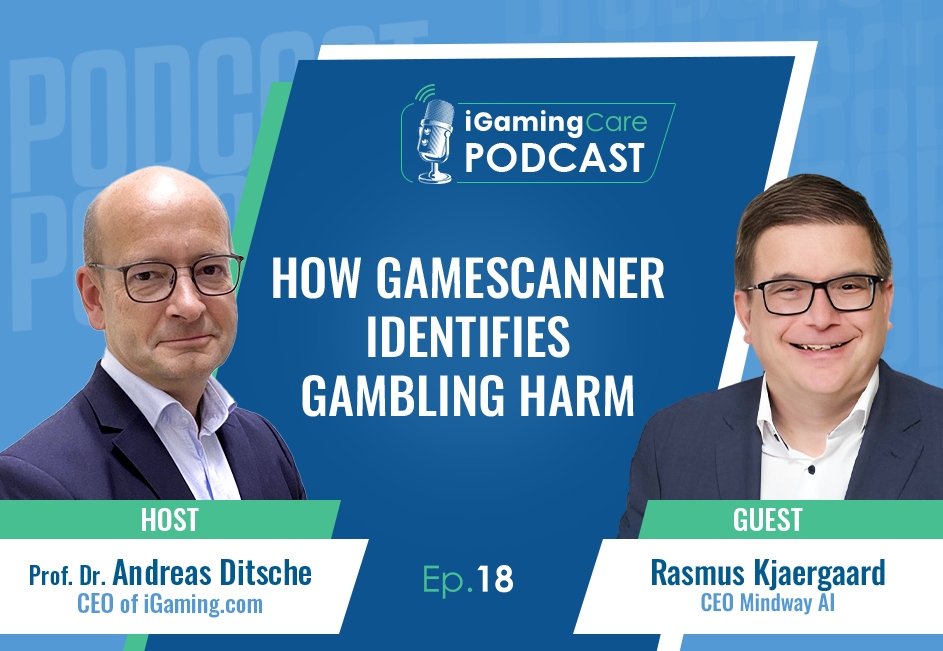
South Africa Leads Responsible Gambling Initiatives Across Africa

South Africa is leading responsible gambling awareness across Africa. The upcoming Responsible Gambling Summit 2025 will take place on 13-14 November at Emperors Palace in Gauteng.
The event will be hosted in partnership with the South African Responsible Gambling Foundation (SARGF), the National Gambling Board, and other regulatory bodies from provinces like the Western Cape, Eastern Cape, and KwaZulu-Natal.
Here is everything you need to know about the summit. See how it aligns with South Africa’s broader commitment to promoting responsible gambling across Africa.
What Is the Responsible Gambling Summit 2025?
The Responsible Gambling Summit 2025 is the largest event of its kind in Africa. The two-day summit will bring together regulators, policymakers, operators, and public health experts to discuss challenges and strengthen collaboration.
Now in its third year, the event will focus on practical strategies to advance responsible gambling across the continent. Participants will attend various workshops and discussion groups. Topics will cover legislative and regulatory reform, technology-driven interventions, and the development of uniform responsible gambling protocols.
Central to the summit is an agenda aimed at turning discussions into measurable plans:
| Understanding gambling behavior and disorders | Exploring the social, economic, and psychological impact of gambling disorders and addiction. |
| Challenges in responsible gambling implementation | Examining regulatory pitfalls and whether current regulations truly protect vulnerable groups. |
| Innovation, technology, and responsible gambling | Investigating the role of AI and other emerging technologies for early detection and prevention of gambling disorders. |
| Regulation, policy development, and compliance | Strengthening responsible gambling policies, focusing on responsible marketing practices, reporting, and operator-led harm reduction measures. |
| Gambling and vulnerable populations | Addressing responsible gambling strategies for vulnerable groups and the impact of gambling in socially and economically disadvantaged communities. |
| Public awareness and education | Developing strategies for awareness campaigns to educate the public about the harms associated with gambling. |
| International best practices and future preparedness | Assessing the role of cross-border collaboration and global best practices to stay ahead of emerging gambling risks. |
The Road to Responsible Gambling in South Africa
South Africa is a leader in promoting responsible gambling practices. However, it wasn’t until the release of the Wiehahn Report on Gambling in South Africa (1995) that the potential social consequences and risks associated with gambling were formally acknowledged.
The report recommended that the South African government introduce several measures. These included establishing a regulated framework to protect citizens and promote fairness through industry control and supervision.
Subsequently, the Wiehahn Report was the catalyst for the National Gambling Act (Act No. 33 of 1996). This act was later replaced by the National Gambling Act (Act No. 7 of 2004) to cover all forms of gambling and facilitate the launch of a national responsible gambling program.
The legislation resulted in the launch of the South African Responsible Gambling Foundation (SARGF) and the National Responsible Gambling Programme (NRGP) in 2000. Today, the NRPG is funded through independent contributions from gambling operators and provides treatment, education, training, and research services.
South Africa’s Role in Promoting Responsible Gambling Across Africa
South Africa has the largest regulated gambling market in Africa, including land-based casinos, lotteries, sports betting, and remote gambling. During the 2023-24 financial year, these sectors generated $3.37 billion in gross gambling revenue.
To balance the growth of the gambling market in South Africa, the government and regulatory bodies have introduced various responsible gambling initiatives. This includes awareness campaigns, robust legal frameworks, collaborations with NGOs, and the integration of advanced technologies like AI intervention.
These efforts have contributed to the development of regulated gambling markets and player welfare programs in other African countries through several key areas:
- Regulatory Leadership – SA’s regulatory infrastructure serves as a template for other African nations to develop their own legal frameworks and oversight mechanisms.
- Regional Collaboration – SA’s regulatory bodies and private sector have provided seminars, workshops, and training programs on compliance, licensing, and player welfare to other nations.
- Raising Awareness – South Africa is the continental leader in responsible gambling awareness and advocates for uniform practices through events like the Responsible Gambling Summit.
- Private Sector Influence – South African-based operators and technology companies have ventured into markets like Kenya, Ghana, and Uganda, providing operational and technological solutions.
Challenges Remain: Gambling Addiction Across Africa
The number of regulated gambling markets across the continent is growing. However, challenges related to addiction remain a concern in many African countries. The lack of public awareness, weak regulatory enforcement, and limited access to gambling support services compound the problem, particularly in rural areas.
The SARGF estimates that 4.7% of South Africans are at risk of developing a gambling problem, while 0.4% are classified as problem gamblers. The figure is lower than developed nations like the UK (2.5%). However, the growing popularity of online gambling suggests that without coordinated intervention, the impact of problem gambling could deepen.
Similarly, Kenya has witnessed a rapid expansion of mobile sports betting, particularly among the youth. This has sparked criticism over the lack of responsible gambling awareness and education.
According to GeoPoll, a mobile survey platform, 50% of Kenyans between the ages of 18 and 35 have engaged in betting. Their 2024 survey estimates that 82% of Kenyans have participated in betting in the same year. Kenya has introduced new laws to curb addiction and implemented a temporary ban on gambling advertisments.
The Future of Responsible Gambling in Africa
Online gambling is exploding across Africa, making it more important than ever to establish a coordinated plan to tackle problem gambling. With the market projected to reach $11.42 billion by 2032, events like the Responsible Gambling Summit will play a key role in harmonizing regulation and intervention.
South Africa’s gambling infrastructure and regulatory framework is a good example for other African countries looking to develop legal markets. However, without investment in public awareness and educational campaigns, solving addiction may become an even more difficult challenge in the future.

